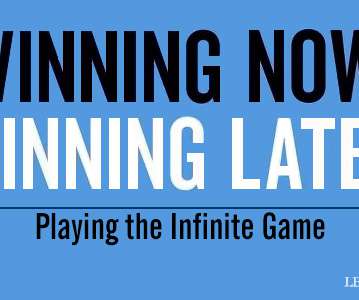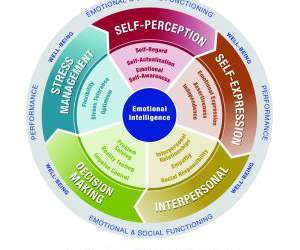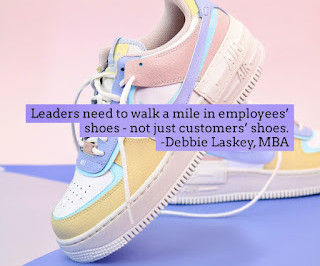Winning Now, Winning Later: Playing the Infinite Game
Leading Blog
JUNE 23, 2020
W HEN David Cote became CEO of Honeywell in February of 2002, the company was a train wreck. By taking the right actions to improve operations now, we could position ourselves to improve performance later, while the reverse would also hold true: short-term results would validate that we were on the right long-term path.




































Let's personalize your content